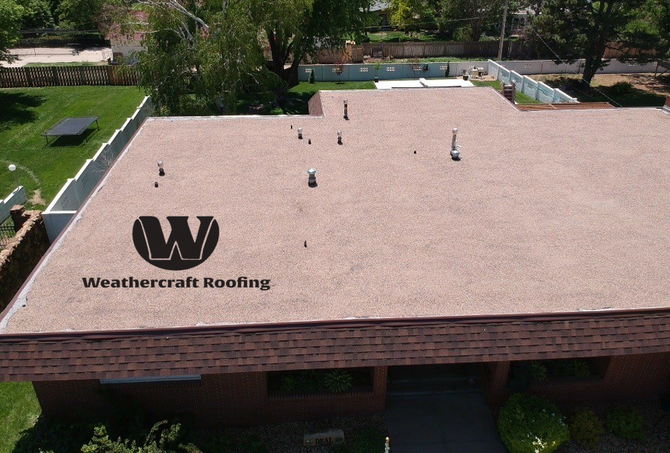The roof of your commercial property plays a critical role in its protection and energy efficiency. A well-built roof safeguards your building from weather damage, reduces maintenance costs, and can even cut down on energy expenses. This guide will help you understand the best roofing materials for your business and why quality roofing matters for the long term.
How to Identify Your Commercial Roofing Needs
When it comes to commercial roofing, different factors influence your decision-making process. Climate, the structure of your building, and your business operations all impact the type of roofing you should choose. Understanding these requirements ensures you make the right choice for your business, whether it's a warehouse, office building, or retail store.
The Best Materials for Commercial Roofs
When selecting a roofing material for your commercial property, you have several excellent choices. Each material has its own set of benefits, tailored to different needs and budgets.
1. Metal Roofing
Metal roofs are a top choice for commercial buildings due to their durability and energy efficiency. Steel and aluminum are the most common materials used, offering resistance to harsh weather conditions and excellent leak prevention. The reflective nature of metal roofs helps keep buildings cooler, lowering energy bills.
Second Choice: Flat Roofs
Flat roofing systems are popular for commercial buildings due to their affordability and simple installation. These roofs are particularly suitable for buildings with contemporary architecture. Materials like TPO, EPDM, and PVC are commonly used, offering excellent waterproofing and insulation. Proper maintenance and drainage are essential for their longevity.
Shingle Roofs for Commercial Properties
Shingle roofing is not as common for large commercial buildings, but it can be a good choice for smaller properties or those that need a traditional look. Asphalt shingles are affordable and come in various colors and styles, though they don't offer the same longevity as metal or flat roofs.
Roof Installation Process and Maintenance Tips
Once the roofing material is chosen, it’s time for installation. Hiring a qualified and licensed contractor guarantees proper installation, which is vital for preventing leaks and ensuring your roof’s longevity.
Routine maintenance is crucial for extending the lifespan of your commercial roof. It’s recommended to inspect the roof twice a year, especially following severe weather. Look for issues such as missing shingles, cracks, or standing water. Cleaning gutters and removing debris will help prevent damage.

How Investing in a Quality Roof Protects Your Business
Your roof is a long-term investment. A quality roofing system provides protection against leaks, which could cause expensive damage to your building and inventory. It also enhances energy efficiency, making your property more environmentally friendly and reducing operating costs. Ultimately, a well-maintained roof can improve your building's value and ensure that you’re not facing costly repairs down the road.
Conclusion: Choosing the Right Commercial Roofer
Selecting the right roofing contractor is crucial to ensuring your roof is installed correctly. Choose a licensed and experienced professional who specializes in commercial properties and can help you choose the best material. A good roofer will also assist you with the installation and ongoing maintenance to keep your roof in optimal condition.
Looking to replace your commercial roof? Contact us for a free consultation, and we’ll help you choose the perfect roofing solution for your needs!
#CommercialRoofing #RoofingMaterials #BusinessProtection #MetalRoofing #FlatRoofing #RoofInstallation #EnergyEfficiency #RoofMaintenance